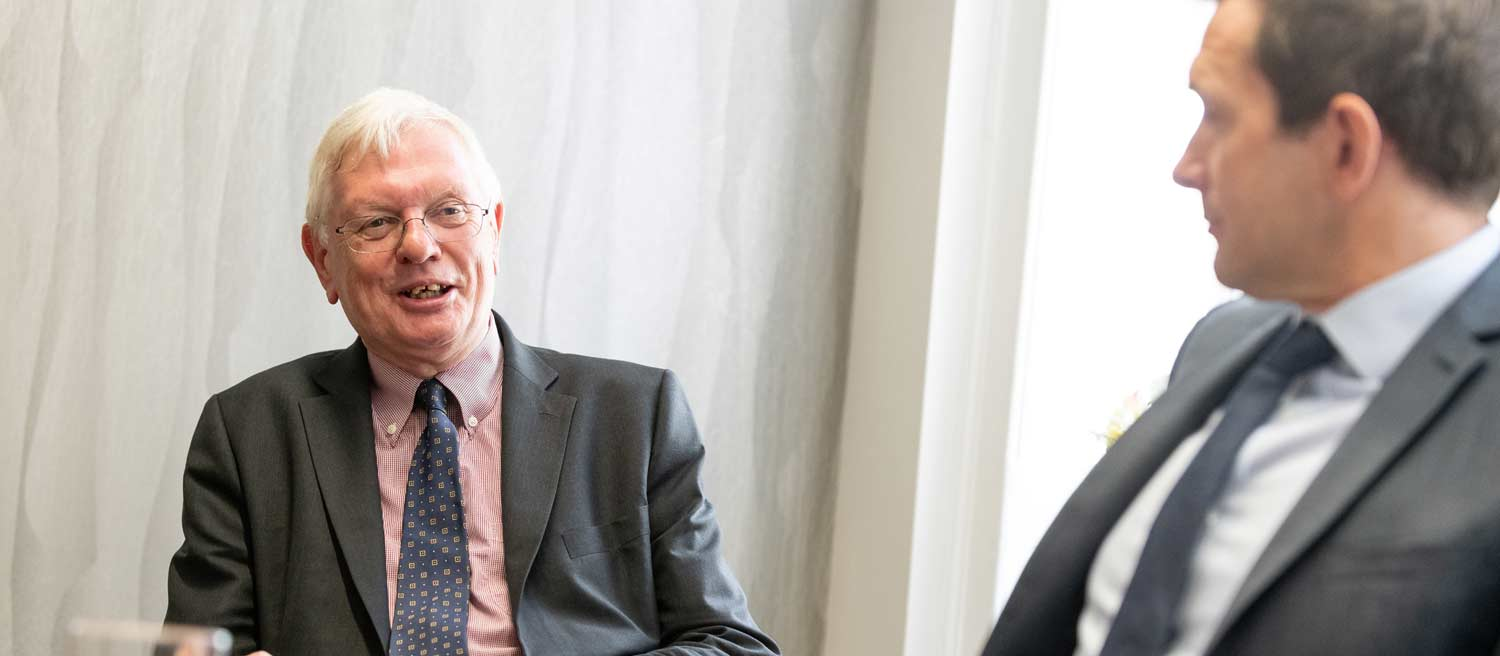Manolete bulletin August 2023
Update regarding: PACCAR Inc & Ors v Competition Appeal Tribunal & Ors, [2023] UKSC 28

The Supreme Court decision in PACCAR Inc and others v Competition Appeal Tribunal and others [2023] UKSC 28 (“PACCAR”) concerned funding agreements entered into by Yarcombe and Therium Ltd in connection with a class action in the Competition Appeals Tribunal. To enable them to obtain a collective proceedings order from the Competition Appeals Tribunal, the Respondents to the appeal needed to show that they had adequate funding arrangements in place to meet their own costs and adverse costs should they lose. The Respondents relied on litigation funding agreements with Yarcombe and Therium Ltd in an effort to meet these requirements. The Supreme Court held that the provision of financial services constitutes "claims management services" and the litigation funding agreements in PACCAR are Damages Based Agreements which will be unenforceable unless they comply with the Damages Based Agreements Regulations 2013 (“the Regulations”). It was agreed by the parties in PACCAR that the Yarcombe and Theruim Ltd litigation funding agreements were not compliant with the Regulations.
Litigation in the context of insolvency differs from litigation brought by solvent parties in that a cause of action is “Property” within the meaning of Section 436(1) Insolvency Act 1986. A cause of action is an asset to be realised for the benefit of the creditors. An IP’s power to assign that cause of action is contained in the Insolvency Act 1986, Schedule 4 para 6 (liquidator), Schedule 1 para 2 (administrator) and Schedule 5 para 9 (trustee in bankruptcy). Section 246ZD extended the power to assign to office holder claims in liquidation/administration from 1 October 2015.
As causes of action are for the most part capable of assignment in insolvency, funding agreements are much less of a feature than in litigation by solvent parties. Generally, the need for funding arises in connection with office holder claims in bankruptcy which are not capable of assignment.
Manolete’s main business model is taking assignment of claims which involves a purchase agreement and not a funding agreement. Following assignment, Manolete is the Claimant or Applicant. PACCAR is not concerned with assignment by an IP of a cause of action pursuant to his statutory powers.
Manolete has a small number of funding agreements under which an agreed percentage of the net realisation is assigned to Manolete. That agreed percentage never exceeds 50% of the net award, i.e., after deduction of all legal costs and expenses.
The terms of Manolete funding agreements are compliant for the most part with the Regulations. An amendment is required to comply with Regulation 3(c) by specifying within the agreement the reason for setting the percentage at the level agreed. The terms of Manolete funding agreements will be amended to include the reason required by Regulation 3(c).
A funding agreement that is unenforceable is not void and it would not be in the interest of creditors for a funded party to seek any remedy in respect of a completed funding agreement freely entered into, the benefit of the funding taken and the proceeds received. Such application is most unlikely to succeed. The court expects an office holder to act fairly.
In conclusion,
- PACCAR has no impact on Manolete purchase agreements.
- All Manolete funding agreements are valid contracts.
- Any application in relation to a completed Manolete funding agreement is most unlikely to succeed.
- Standard terms in Manolete funding agreements will be amended to comply with Regulation 3 (c) Damages Based Agreements Regulations 2013.
- PACCAR has no adverse impact on Manolete’s business model and we continue to support IPs to realise assets for value and to work with insolvency lawyers to maximise realisations.

Mena Halton
Head of Legal, Manolete
